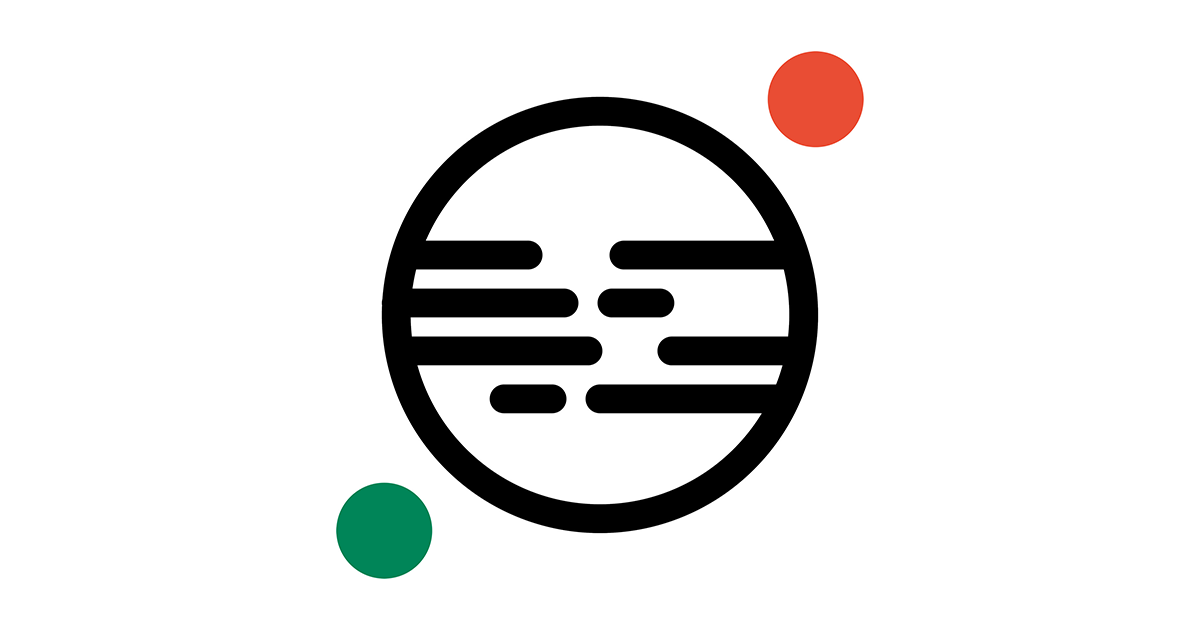|
|
hello@co-matter.com
Zossener Str. 41
10961 Berlin
Management Board: Severin Matusek
Court of Registration: Amtsgericht Charlottenburg HRB 195395 B
VAT ID: DE317741247
Last updated: July 23, 2025 ■ 11:52am





